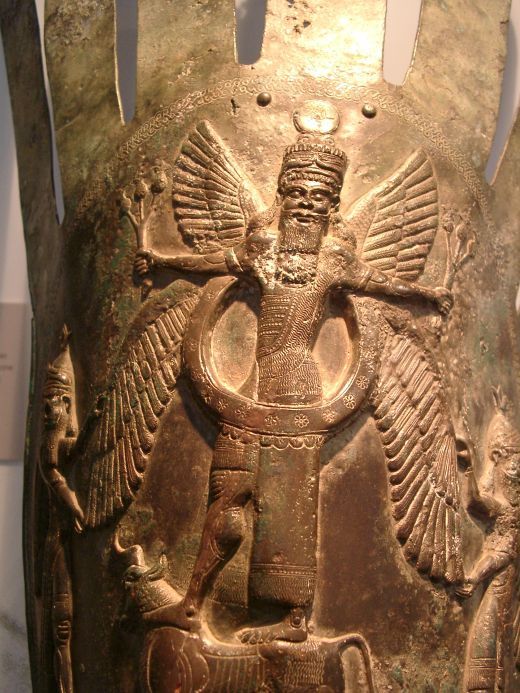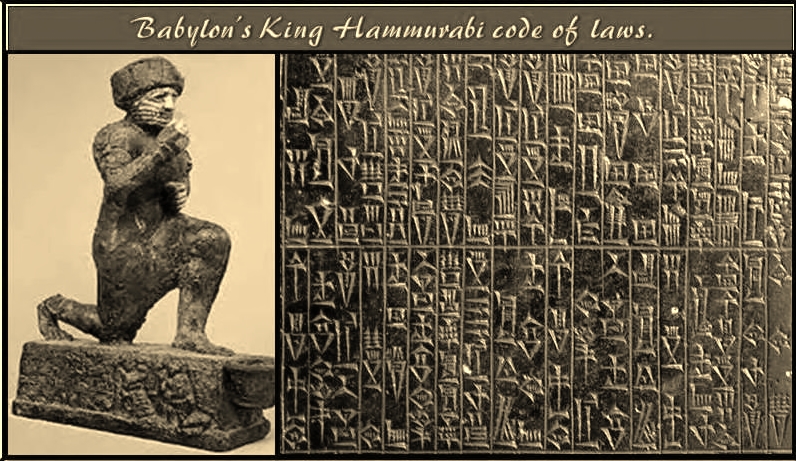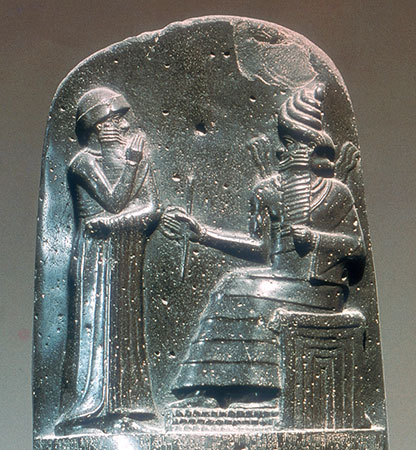Mesopotamia
 In this book, you will find summarized information about Mesopotamia and the civilizations that lived there.
In this book, you will find summarized information about Mesopotamia and the civilizations that lived there.
5. Babylonian Civilization
5.1. Politics and Law under Hammurabi's rule
The known history of Babylon, then, begins with its most famous king: Hammurabi (1792-1750 BCE). According to historians, He was an Amorite prince who sat on the throne upon the abdication of his father, King Sin-Muballit, and quickly transformed the city into one of the most powerful and influential in all of Mesopotamia. Hammurabi’s law codes are well known but are only one example of the policies he established to maintain peace and encourage prosperity. He enlarged and heightened the walls of the city, engaged in great public works which included magnificent temples and canals, and made diplomacy the milestone of his administration. So successful was he in both diplomacy and war that, by 1755 BCE, he had united all of Mesopotamia under the rule of Babylon which, at this time, was the largest city in the world, and named his realm Babylonia.


